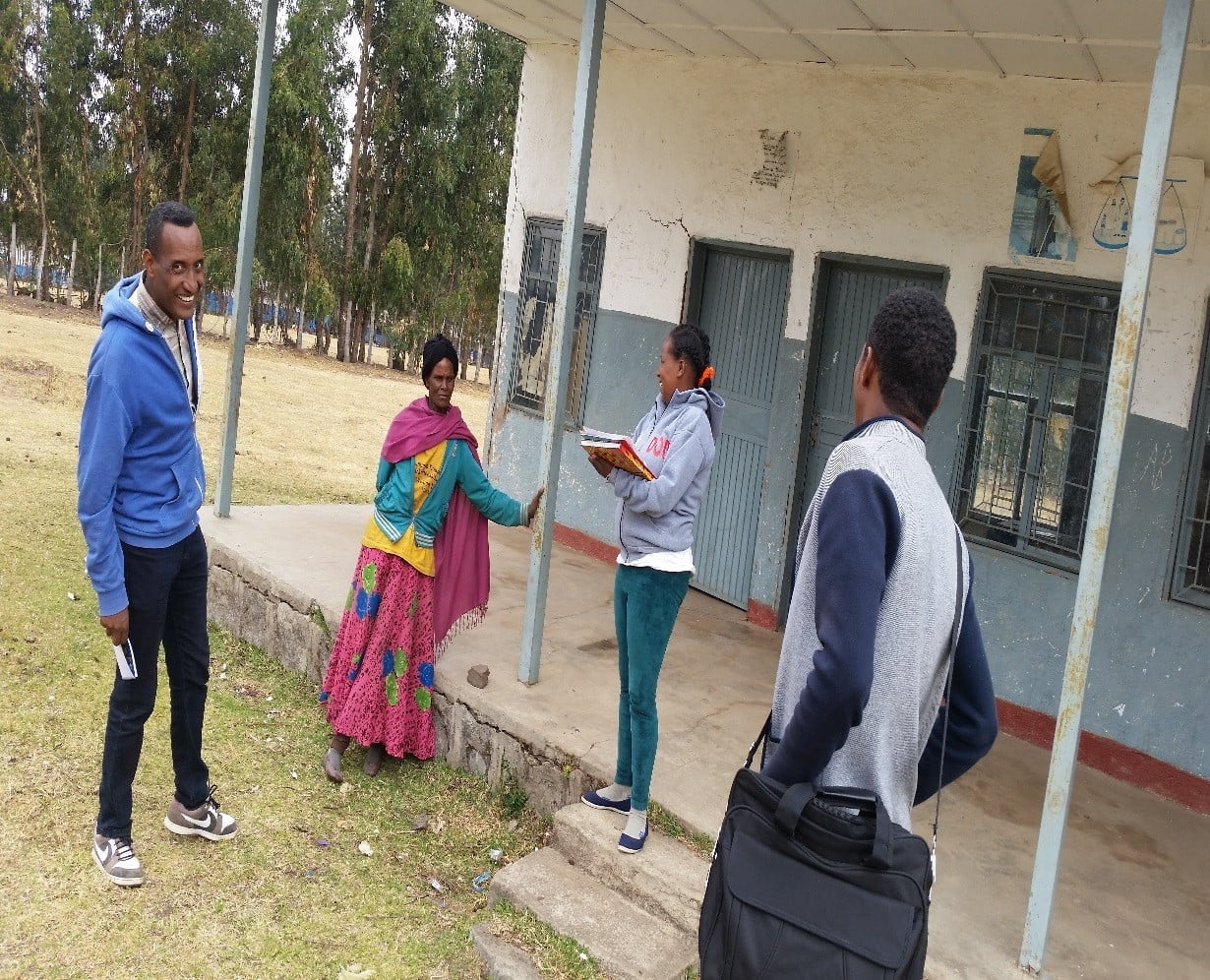
The health status of population is determined by many factors, including; socio-economic status such as income and job opportunity, institutional factors: such as access to health and development sectors and provision of services to the community, environmental and hygiene practices, disease burden and others. The purpose of this study was to explore about health and health related problems in Hoja-dure town, Ethiopia.
Hoja-dure is a small rural town found at 47 km from country capital Addis Ababa, having a total population of 2,683 with estimated households of 559, out of which 56 households were selected randomly for the study, and household wives were included in the study. Exploratory study design was used and quantitative and qualitative data were collected from the community and development sectors; including Woreda Health, Water, Education and finance offices. The instruments were translated to native language, quantitative data were collected through interviewer administered instruments, then document review and desk review were used to supplement it, then the data analyzed using scientific calculator, and the result were narrated in frequency and percentage and data presented in tables.
71.43% of women’s weren’t joined high school; only 51.79% participants have ANC follow up for their last pregnancy; only 40% participants vaccinated their children with full dose and the majority was delivered at home. Nearly half of the participants leave with animals in the same house. 75% of households use below 50 little water per day and 60.71% weren’t covered their water storage container at home and they weren’t got adequate water, and challenged with water interruption problem. Improved latrine coverage accounted only 13.21% and the utilization was also low; the commonest source of energy was wood and wood products due to high electric power interruption. All top ten diseases in the area were communicable and have direct relation with poor sanitation and hygiene practices.
The town is near the capital city of the country, but lacks many basic infrastructures including road, adequate water supply, basic health infrastructures and most of the community were un educated and their wealth was highly affected, communicable diseases were common, so the local Adminstration and all stakeholders have to strongly collaborate to mobilize resource for infrastructure development and avail basic services and provide behavioral change interventions to improve community health, bring them more productive and wealthier.
One response to “Assessment of Health and Health related Problems in Hoja-Dure town of Special Zone Surrounding Finfinne, Oromia Region, Ethiopia”

Very interesting report

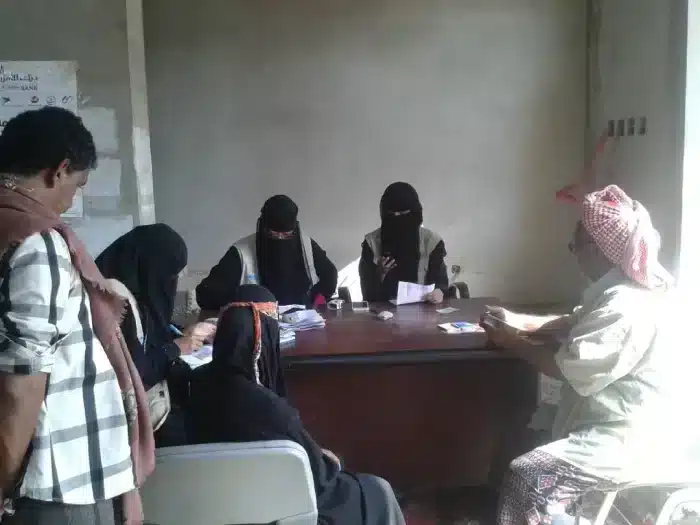
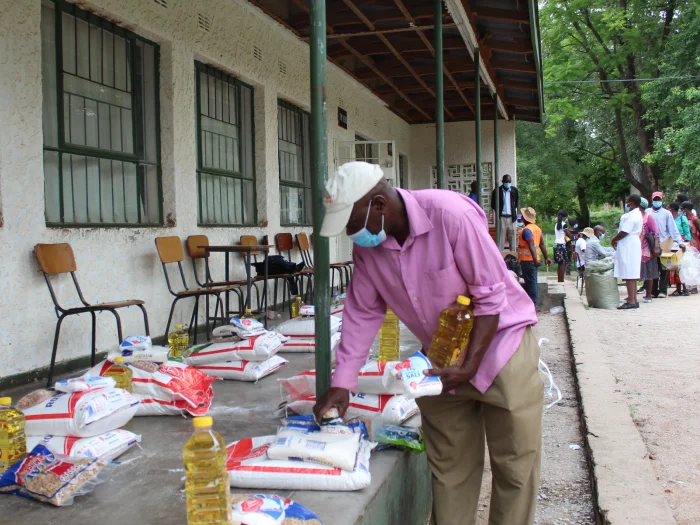
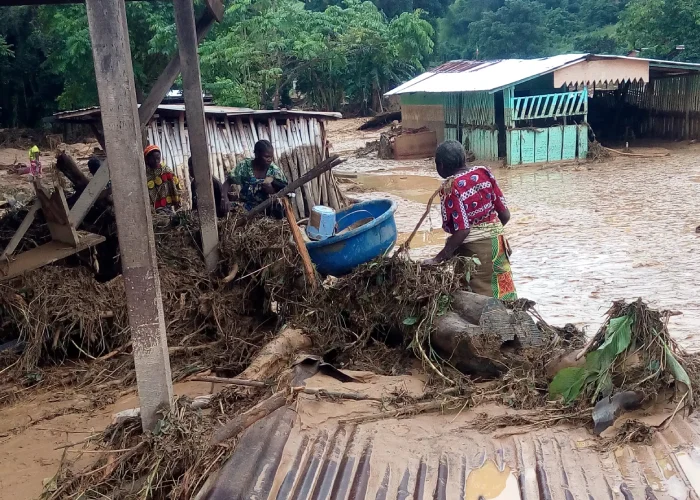
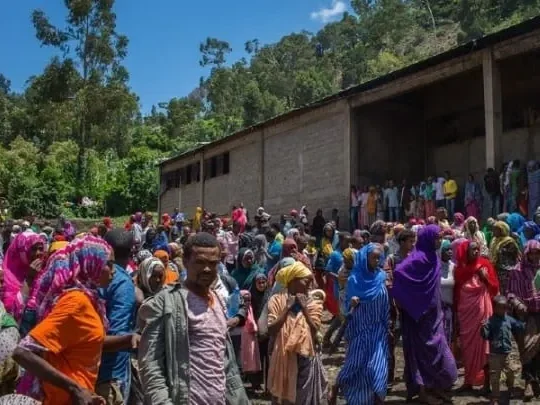
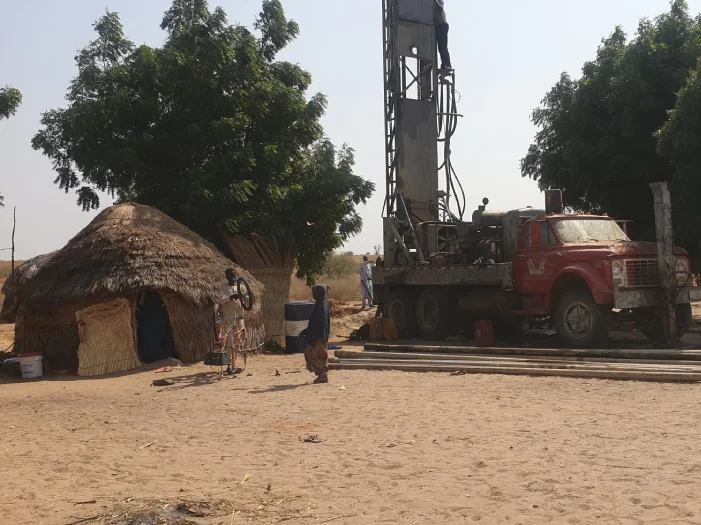
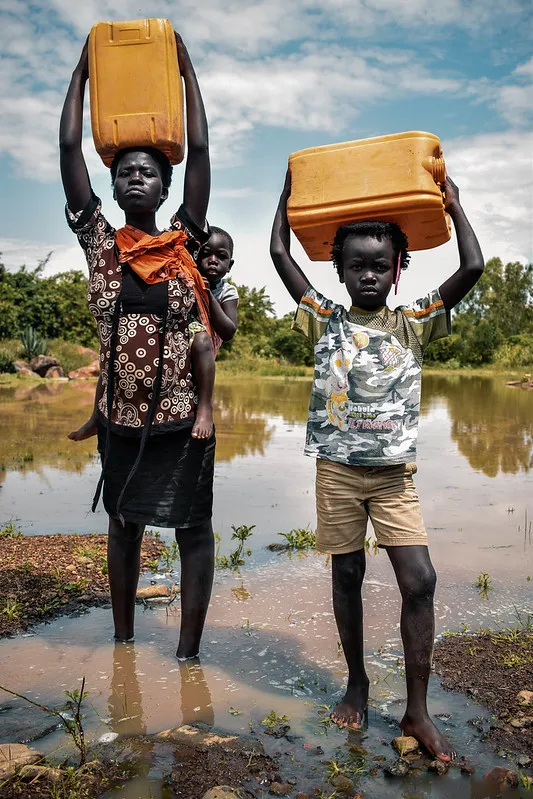
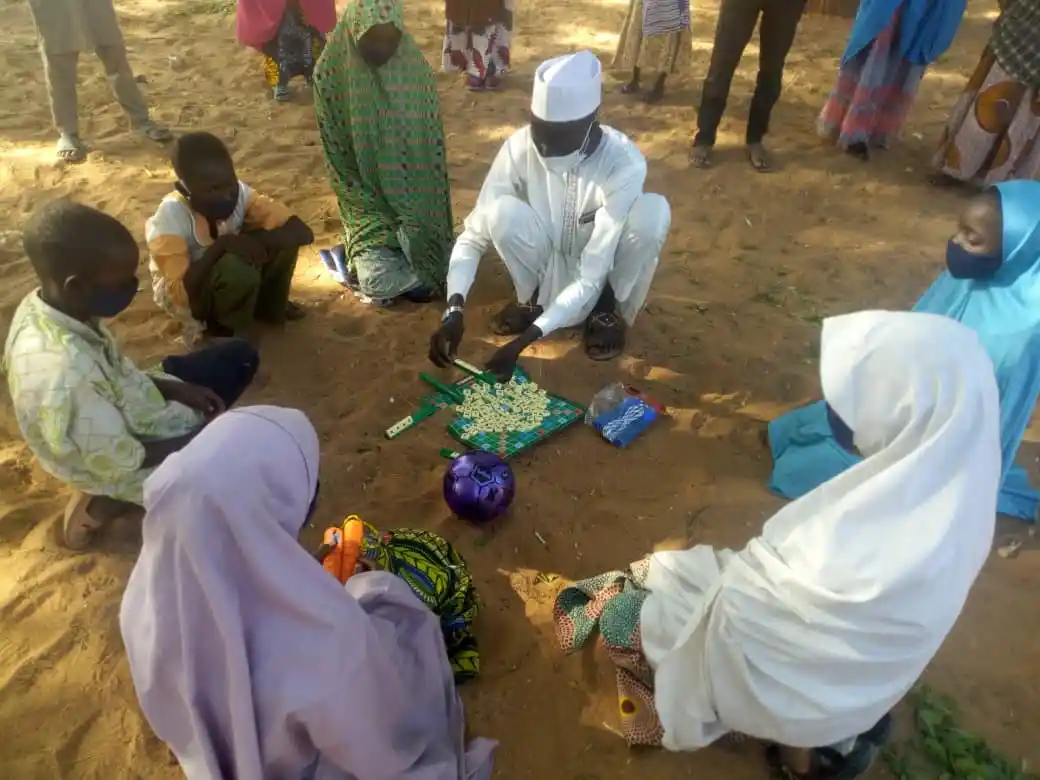
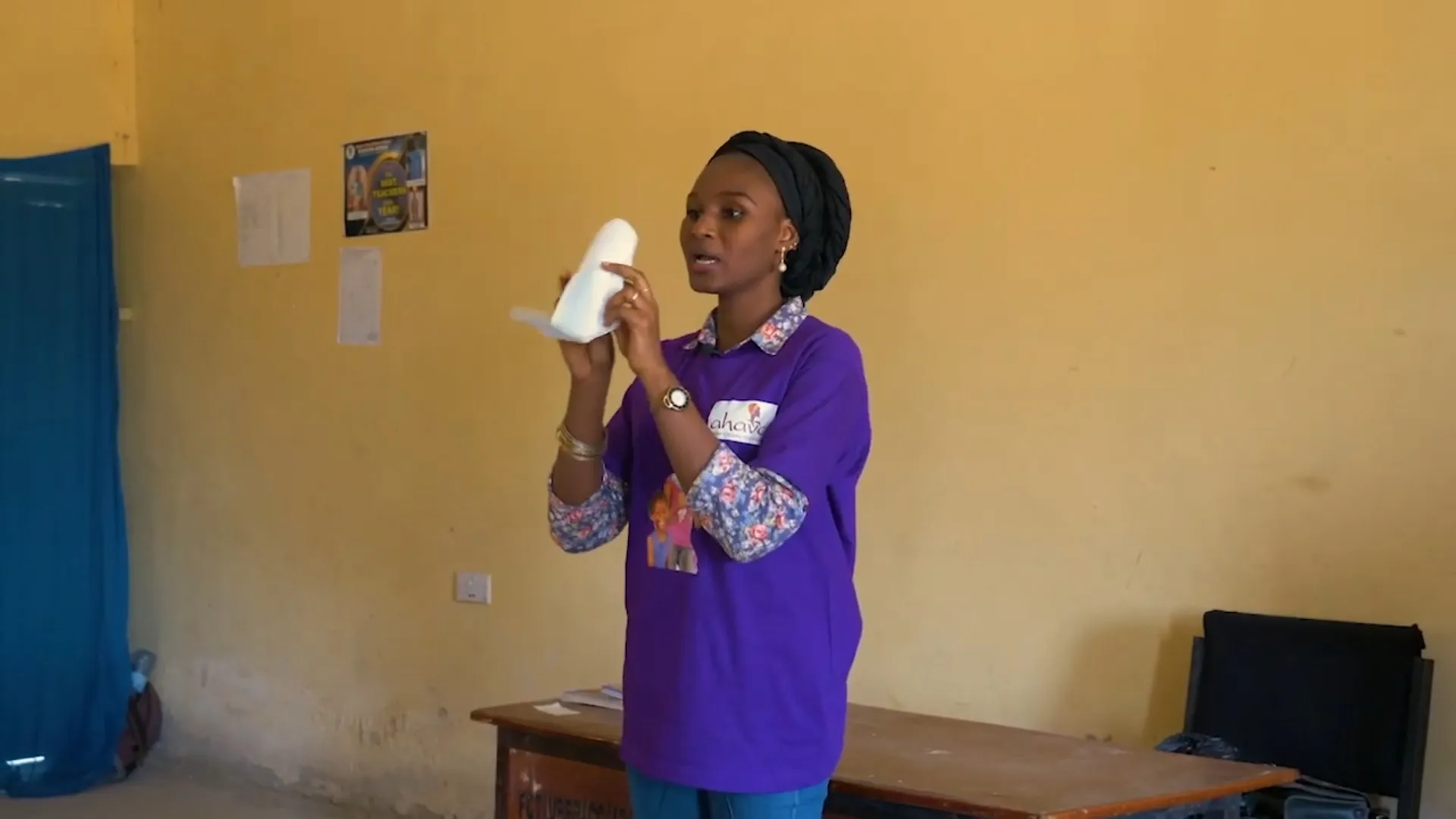
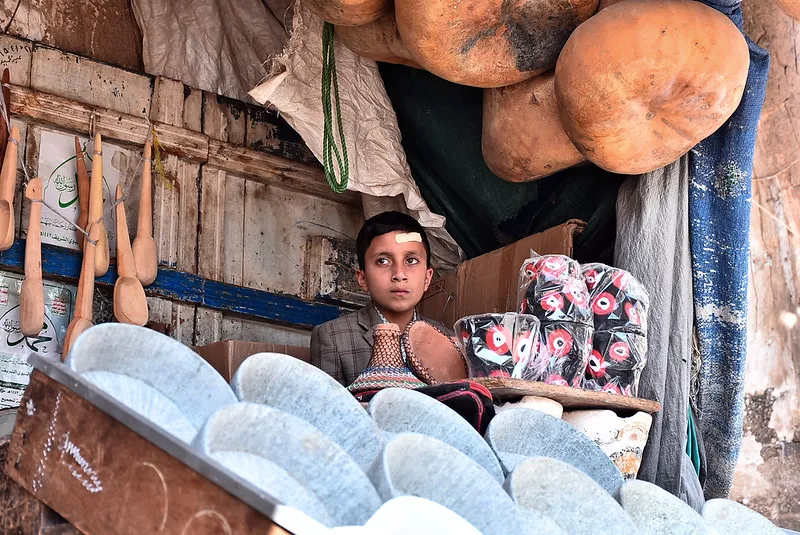
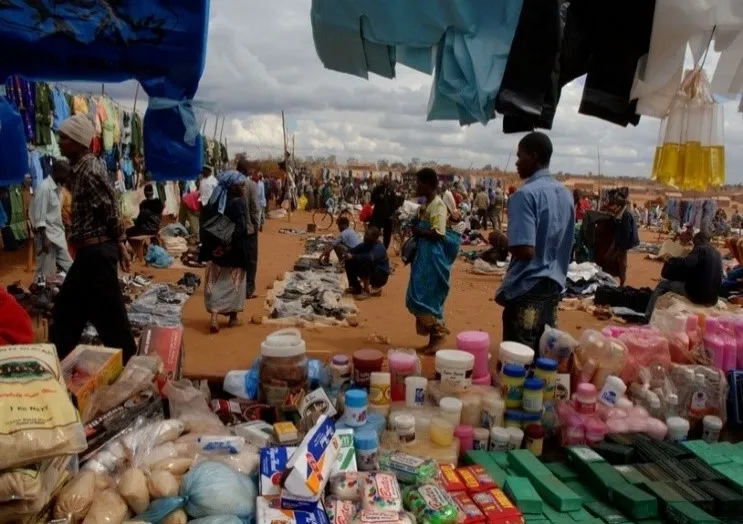

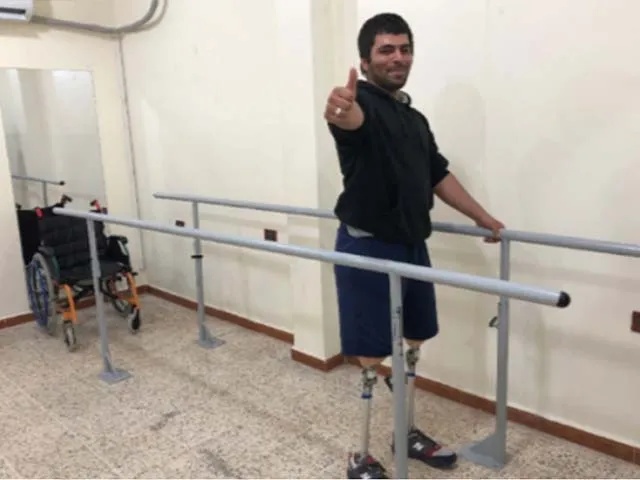
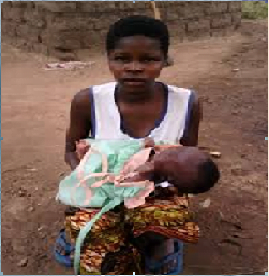
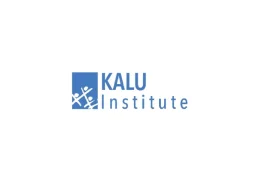
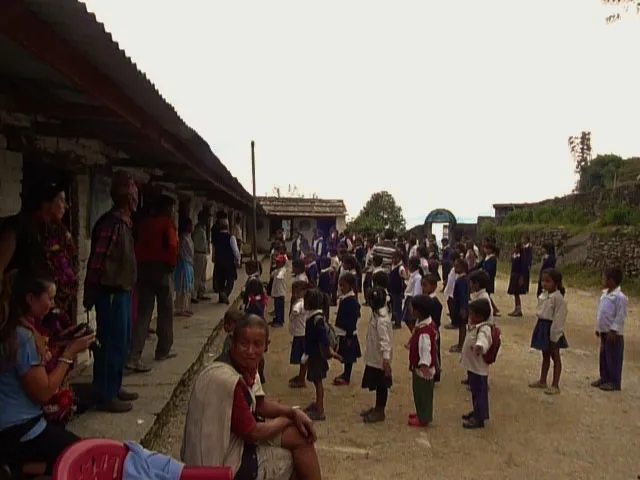

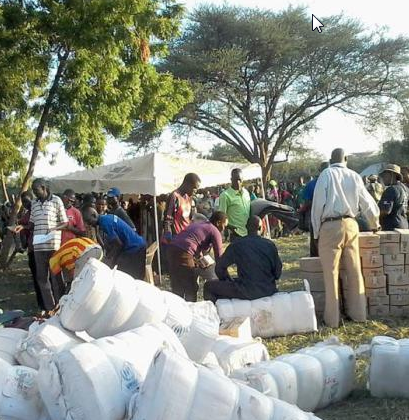
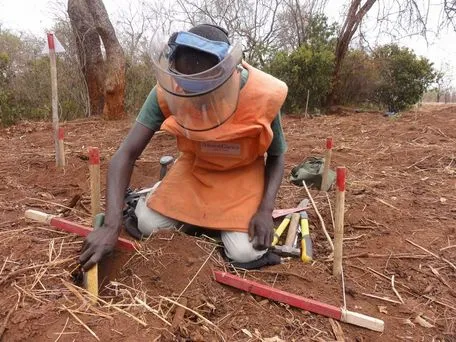
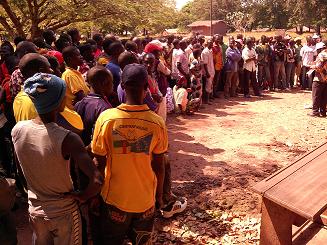
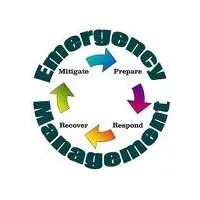
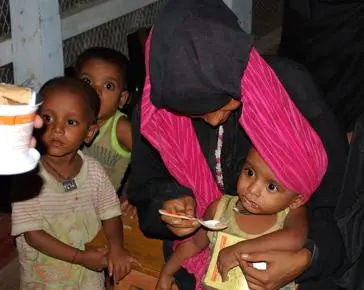

Leave a Reply